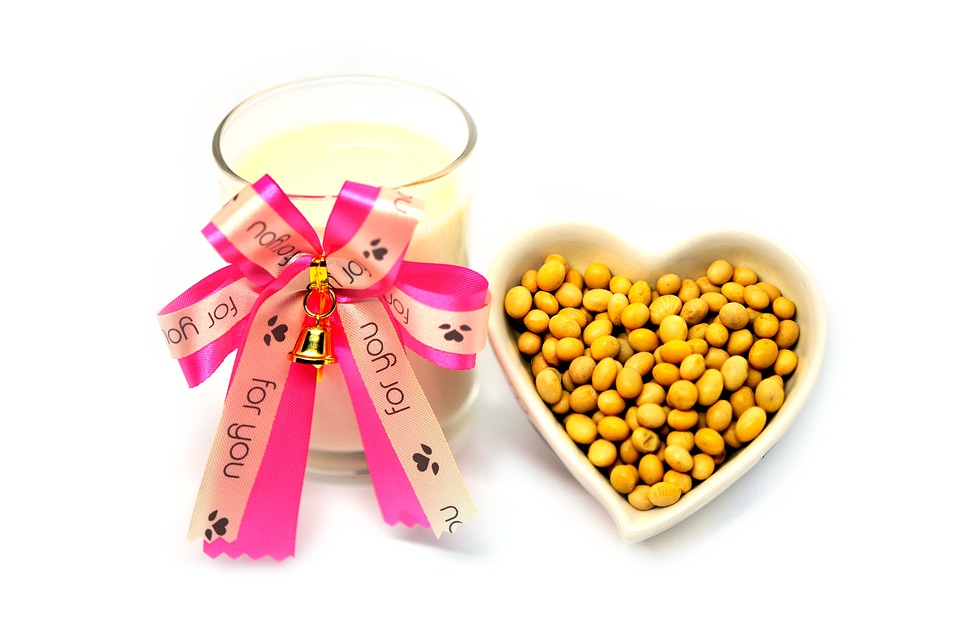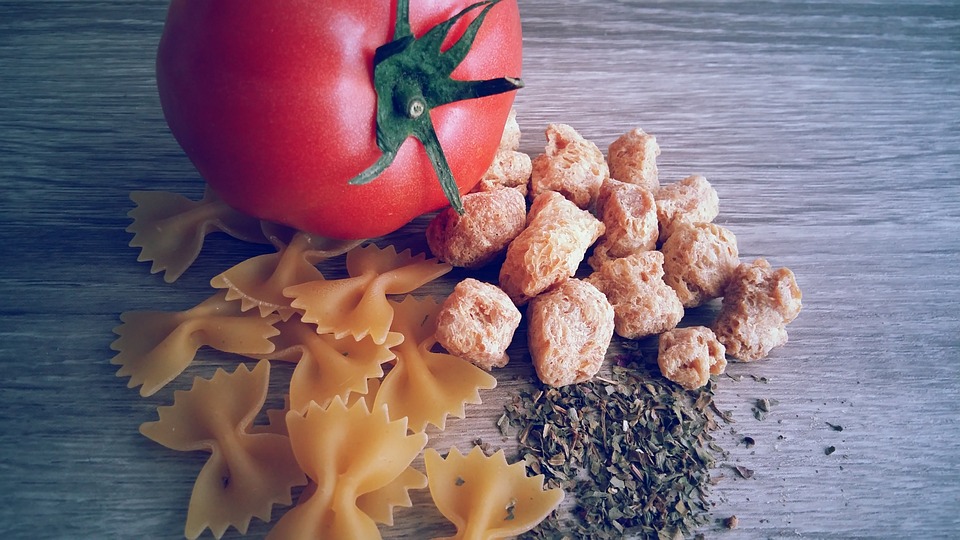
3 foods to avoid if you have Helicobacter pylori
pylori can cause severe and debilitating symptoms, or very mild symptoms, depending on the person infected with the bacteria and the strain of bacteria involved. Not everyone is affected equally. Typical symptoms include general malaise, fatigue, and mood problems as well as well-known gastrointestinal symptoms such as heartburn, reflux, bloating, nausea, vomiting, and bad breath.
Doctors often prescribe antacids or laxatives for these symptoms; Sometimes they will have the foresight to perform a test for H pylori and other GI infections. If H pylori is found, triple therapy antibiotics are usually prescribed to kill the H pylori. However, it has recently been shown that this type of treatment is only 50-70% effective.
Even when H pylori eradication has been confirmed, the patient’s symptoms often remain. This confuses both the doctor and the patient. Diet is rarely considered in these situations, but in fact, common foods that many people consume daily can cause the same symptoms of Helicobacter.
Food #1 – Gluten
Gluten (more precisely, gliadin) is a protein molecule found in the grains wheat, barley, rye and spelled. All foods that contain these grains contain gluten (such as bread, pasta, cakes, crackers, cereal, and pizza). Many people are gluten intolerant, and in my experience gluten is the number one nutritional problem. Gluten causes inflammation in the small intestine, such as H pylori. In many cases, simply eliminating gluten can greatly reduce symptoms. Sometimes, people are only able to clear up stomach ulcers after following a gluten-free diet for at least 60 days.
Food #2 – Coffee
I love coffee, but unfortunately in any form, coffee is an irritant to the digestive system. Many people report experiencing heartburn, reflux, and other digestive symptoms when consuming coffee. It is best to reduce coffee consumption if H. pylori is present.
Food #3 – Soybeans
Recently, soy foods have been promoted as health foods and, in some cases, miracle foods. But this information is far from the truth. In fact, soy is not a healthy food for most people. Even in Japan it is the number one food that causes allergies. It can have a direct effect on the digestive system and cause similar symptoms to H pylori (causing me to have wind, bloating, and loose stools). Many people experience significant improvements when eliminating soy in all its forms. Many other foods, including cow’s milk and vegetable oils, should also be avoided if gastroenteritis is diagnosed.
A full list of these foods as well as an appropriate diet and herbal protocol for patients with H pylori is available in the Overcoming H Pylori Naturally eBook at http://www.h-pylori-treatment.com.

